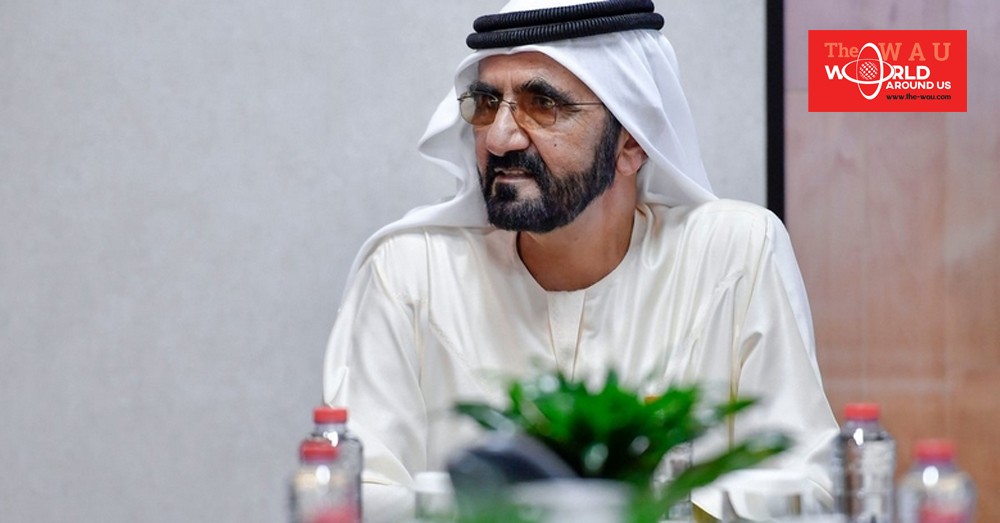Sheikh Mohammed passed the law on Wednesday.
In his capacity as Ruler of Dubai, His Highness Sheikh Mohammed bin Rashid Al Maktoum, Vice President and Prime Minister of the UAE, enacted a new DIFC Employment Law, Law No. 2 of 2019 on Wednesday.
Dubai International Financial Centre (DIFC) issued a statement saying that the newly-enacted law compliments the DIFC's commitment to international best practice, with the Employment Law addressing key issues such as paternity leave, sick pay and end-of-service settlements.
His Excellency Essa Kazim, Governor of DIFC, said: "The DIFC Employment Law enhancements are integral to creating an attractive environment for the almost 24,000-strong workforce based in the DIFC to thrive, while protecting and balancing the interests of both employers and employees."
Balance employer-employee needs
The new law, which will come into effect on August 28, 2019, clarifies the application of DIFC's employment regime to employers and employees, including seconded, part-time and short-term employees.
The law centres around the necessity to balance the needs of employers and employees in the DIFC while maintaining a robust framework of employment standards that contribute to the success of the Centre.
Employer-focused provisions include expansion of employee duties, reduction of the statutory sick pay, limiting the application of mandatory late penalty payments for end-of-service settlements and recognising settlement agreements between employers and employees.
Leaves and penalties
Employee-focussed provisions include the introduction of five days of paternity leave and penalties for discrimination. Penalties have also been introduced to ensure adherence to basic conditions of employment, visa and residency sponsorship.
The new law was subject to substantial research and global benchmarking, as well as thorough public consultation, which helped shape the law to ensure that the DIFC remains the most sophisticated and business-friendly Common Law jurisdiction in the region.
The new law can be viewed at: www.difc.ae/business/laws-regulations/legal-database
Share This Post















